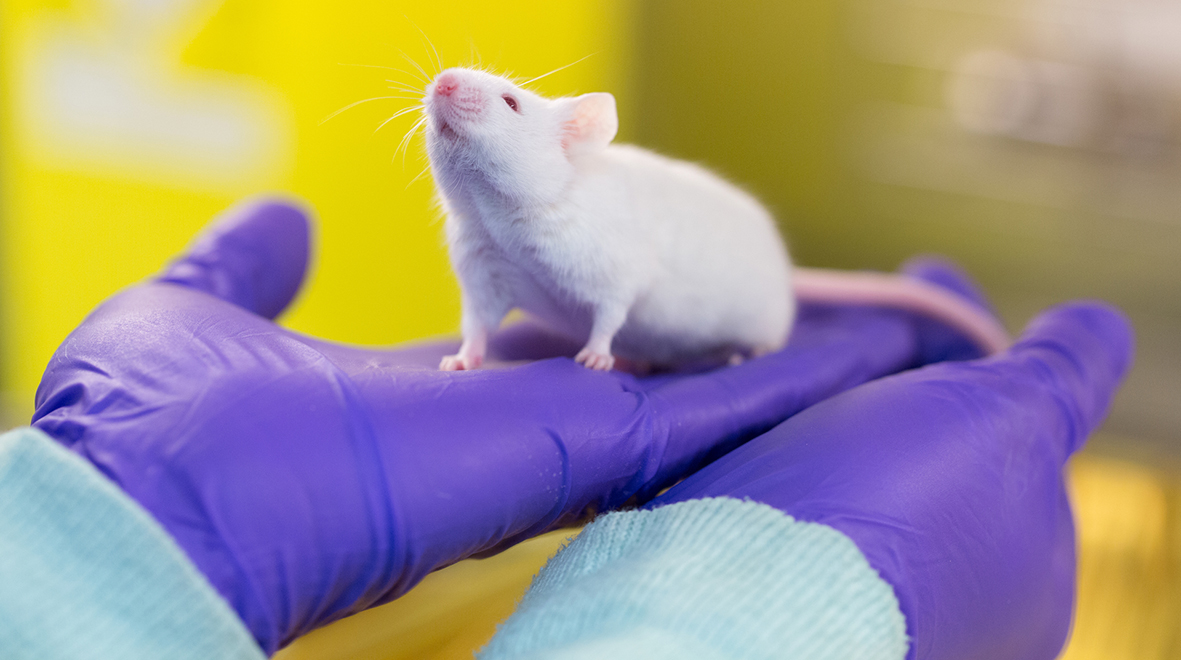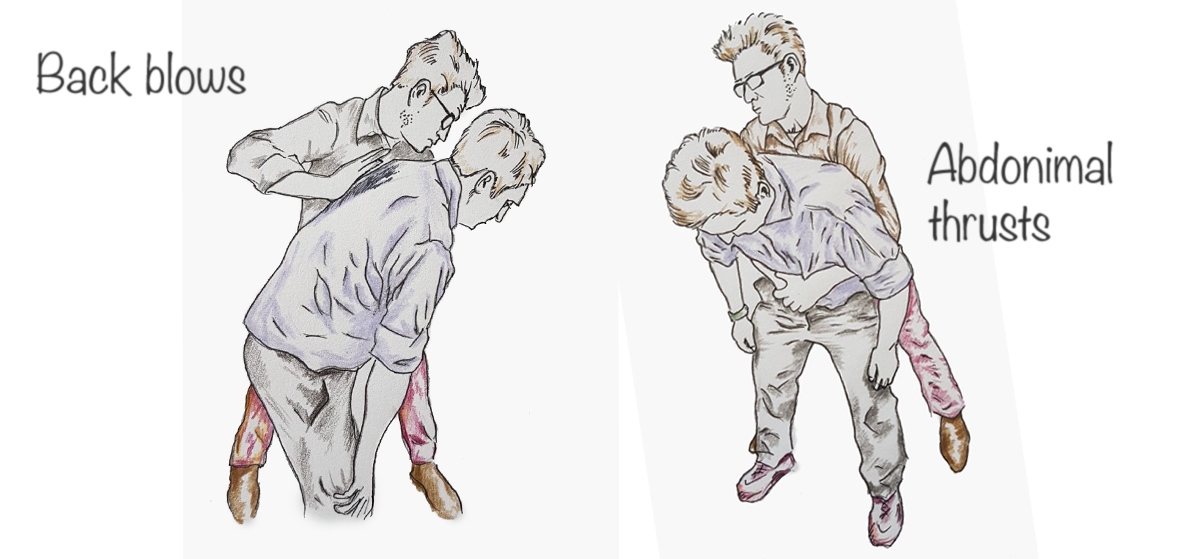Professor Sir Peter Barnes knighted for excellence: Reflections on his career in respiratory science

Professor Sir Peter Barnes FRS FMedSci, from the National Heart and Lung Institute (NHLI), was made a Knight Bachelor in this year’s King’s Birthday Honours “for services to respiratory science.” Sir Peter is Professor of Thoracic Medicine at the NHLI and he was Head of Respiratory Medicine at Imperial until 2017. Here he writes about his reaction to his award and describes some of the current research projects in chronic obstructive pulmonary disease (COPD).
A surprise!
My wife opened the letter “On His Majesty’s Service” as she thought it was a tax demand – I was absolutely shocked to see I had been offered a knighthood. Of course, I was and am delighted with the award. It is very good for respiratory science and medicine, which generally receives little public attention. This is surprising as chronic lung diseases are amongst the most common in the UK, affecting one in seven people and the third ranked cause of death. I would like to dedicate this award to all the brilliant students, post-docs, research fellows, visiting scientists and colleagues that I have worked with at Imperial College London over many decades.


